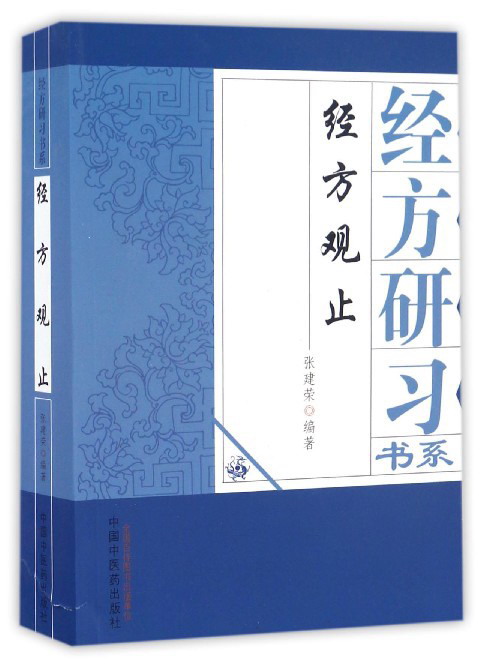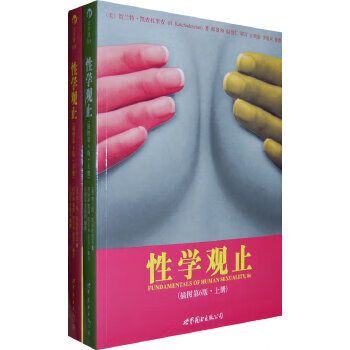1. Guanzhi means seeing this placeGuan ZhiSo far, the following is a detailed explanation of the basic meaning The word "Guanzhi" has appeared in ancient Chinese. It is usually used to indicate the end of something or the peak of a certain realm. When people say "amazing", it means what they see is very good and perfect, and it is achievedGuan ZhiWhen the word "Guanzhi" is used alone to an amazing degree, it often means the end of a certain process or situation.
2.1 Dinghui Dinghui refers to precepts, meditation and wisdom, that is, the three studies to prevent mistakes in behavior, language and thought, the three aspects of error, the elimination of scattered thoughts, the observation, the reflection of all things, the doctrine of wisdom, the three basic studies that must be practiced by Buddhists, that is, the precepts, Dinghui, and the observation, is to intuitively perceive the impermanence of all names, colors, laws, and physical phenomena.Guan ZhiMy essence, that is, the cultivation method of wisdom, is calm.
3. The English translation of the word guān zhto the end means that after seeing something, you think that it has reached the extreme and that there is no other thing that can be surpassed. This word is often used to praise the beauty of things and express extreme appreciation. For example, in the twenty-ninth year of Xianggong, Ji Zha watched the dance Shao, and lamented,"If there is other music, I dare not invite you." Here, Ji Zha expressed it.
4. Guanzhi, the word is often used to describe things that reach the extreme, unparalleled, whether it is natural landscapes or humanities and art. Once they reach the extreme, it is enough to make people admire. In literary creation, authors often express the sense of Guanzhi through delicate descriptions of the scenery, so as to impress readers 'hearts. Guanzhi is not only a kind of praise, but also a kind of pursuit and yearning for beautiful things, whether it is reverence for nature or appreciation of art.
5. Guanzhi means that you can stop looking at it when you see it here. Praise the things you see as good as the extreme. The word Guanzhi comes from ancient Chinese. The original intention is to mean that something or a person has reached its peak. There is no better than this. Therefore, Guanzhi is usually used to praise something or a person, indicating that they are so good that they no longer need to look at anything else. In modern Chinese, the word Guanzhi is widely used in various types.
6. Guān zhInterpretation praised the things he saw as extremely good. The words came from Zuo Zhuan·In the twenty-ninth year of Duke Xiang,"Ji Zha saw a person dancing Shao, and said,'It's just a sightGuan Zhi! If I have other fun, I dare not ask for it.'"Sentence 1 Although he was just a glimpse of the leopard from the corner and a glimpse of it, Su Can was also amazed by the power of the Cloud-Tading Sect. 2 The craftsmanship of this work made the masters admire the three ghosts of nature.
7. Guanzhi is a word that has two meanings: 1. Watching a certain degree or degree of limit means reaching the highest point or maximum degree of observation, viewing or experience. For example, the intensity of this game can be regarded as Guanzhi. His performance is excellent to the point of Guanzhi. 2 It means that the limit of intolerance and intolerance means reaching the extreme of intolerance and intolerance. For example, their behavior is really ridiculous.
8. Guwen Guanzhi is a famous piece handed down from generation to generation. The word "Guanzhi" comes from the preface to Guwen Guanzhi written by Dai Zhen in the Qing Dynasty. It refers to the literary level that is very difficult to achieve in ancient prose, such as the expression of "invisible". The unique and difficult writing style, which deeply explores the internal psychological characteristics of the characters, and points to the Chinese characters from the 16th century BC to the end of the 14th century AD to the end of the Spring and Autumn and the beginning of the Warring States.
9.1 The Guwen Guanzhi should be a masterpiece of ancient prose selected by Wu Chucai, Marquis Wu Diao of the Qing Dynasty in 1694. The book contains 222 articles from the Eastern Zhou Dynasty to the Ming Dynasty, and the entire book contains 12 volumes. The selected ancient prose is a collection of ancient prose from the Eastern Zhou Dynasty to the Ming Dynasty.
10. Guwen Guanzhi means that the articles included in the anthology represent the highest level of classical Chinese. Reading ancient Chinese will stop after reading these articles, and you don't have to read other ancient Chinese texts. Guwen Guanzhi is a selection of ancient prose compiled by Marquis Wu Chucai, a Qing Dynasty man, and Guan Zhi. When you see this, you stop praising the things you see are so good. The word "Guanzhi" first appeared in Zuo Zhuan. In the twenty-ninth year of Duke Xiang, Ji Zha, the son of Wu, saw Wu Shao.
11. Answer to the book of Guwen Guan Zhi is a selected article compiled by Wu Chucai, Marquis Wu Diao of the Qing Dynasty in the 33rd year of Kangxi's reign. The language is concise, short and concise. It is a masterpiece that has been sung through the ages. It is not difficult to see the editor's meticulous and thoughtful vision. The title is called "Guanzhi". From the selection of ancient works, it is clear that the purpose of compiling the book is to be perfect and difficult to surpass. Therefore, we can "view" the ancient works at a glance of this book.
12. Guanzhi explanation to the end You can stop when you see here. Praise the things you see to the extreme good, reaching a level that cannot be added.Guan Zhi! If there was any other music, I wouldn't dare to ask for it. In the twenty-ninth year of Duke Xiang, he felt that all songs had a different tone. He thought it was a beautiful sight to live in the lake, listen to books and ancient texts, and explained in detail and praised the things he saw. It was extremely good.
13. Guwen Guanzhi means that the articles included in the anthology represent the highest level of classical Chinese. Learning classical Chinese has reached this point. The following is a detailed explanation of the meaning of the title of the book. In "Guwen Guanzhi","Guwen" refers to ancient articles, and "Guwen" means that it is enough to see these articles. No need to look at other titles means that the articles selected in the anthology are all famous masterpieces, representing the highest level of classical Chinese editors and the time when they were written.
14. The idiom is "amazing" The following is a detailed explanation of the meaning of the idiom. It refers to praising what you see as the best, indicating that your appreciation for a thing or performance has reached the extreme. The idiom comes from Zuo Zhuan·Xiang Gong In the twenty-ninth year, the original text is "The virtue is great, as great as the heaven is all there is, and the earth is all there is, although it is a great virtue, its contempt is added to the same feeling, and it is just like there is other joy.
15. Guanzhi can stop when you see this place. Praise the things you see to the extreme good, and reach an incomparable level! If there is any other music, I dare not ask for it. It has been rumored that in the twenty-ninth year of Duke Xiang, he felt that all songs were in tune, and he thought it was the most beautiful sight to live in the lake, listen to books and ancient texts.
16. Guwen Guanzhi is a collection of ancient prose compiled and selected by Wu Chucai and Marquis Wu Diao during the Kangxi Period of the Qing Dynasty. This book contains 222 excellent works from the Eastern Zhou Dynasty to the Ming Dynasty. It is divided into 12 volumes. Guwen Guanzhi is named "Guwen Guanzhi" because the editors believe that the articles selected in the book are all the essence of ancient literature. This is an important ancient literature reading. It is not only used by schools at that time, but also an important reference for modern scholars to study ancient literature.
17."Looking at ancient Chinese" is a literary and artistic creation method. It refers to using the classical Chinese in ancient classic documents as the basis and creating literary works with classical charm and modern characteristics through antique innovation. It has profound historical and cultural heritage and superb language expression skills. This style of writing is more difficult, but it can give people a higher aesthetic enjoyment."Looking at ancient Chinese" plays an important role in our literary creation and cultural inheritance. With the times.
18. Guanzhi only needs to see here. The meaning of "Guwen Guanzhi" in "Guwen Guanzhi" and "Aspiration" is the same ancient language.




还没有评论,来说两句吧...